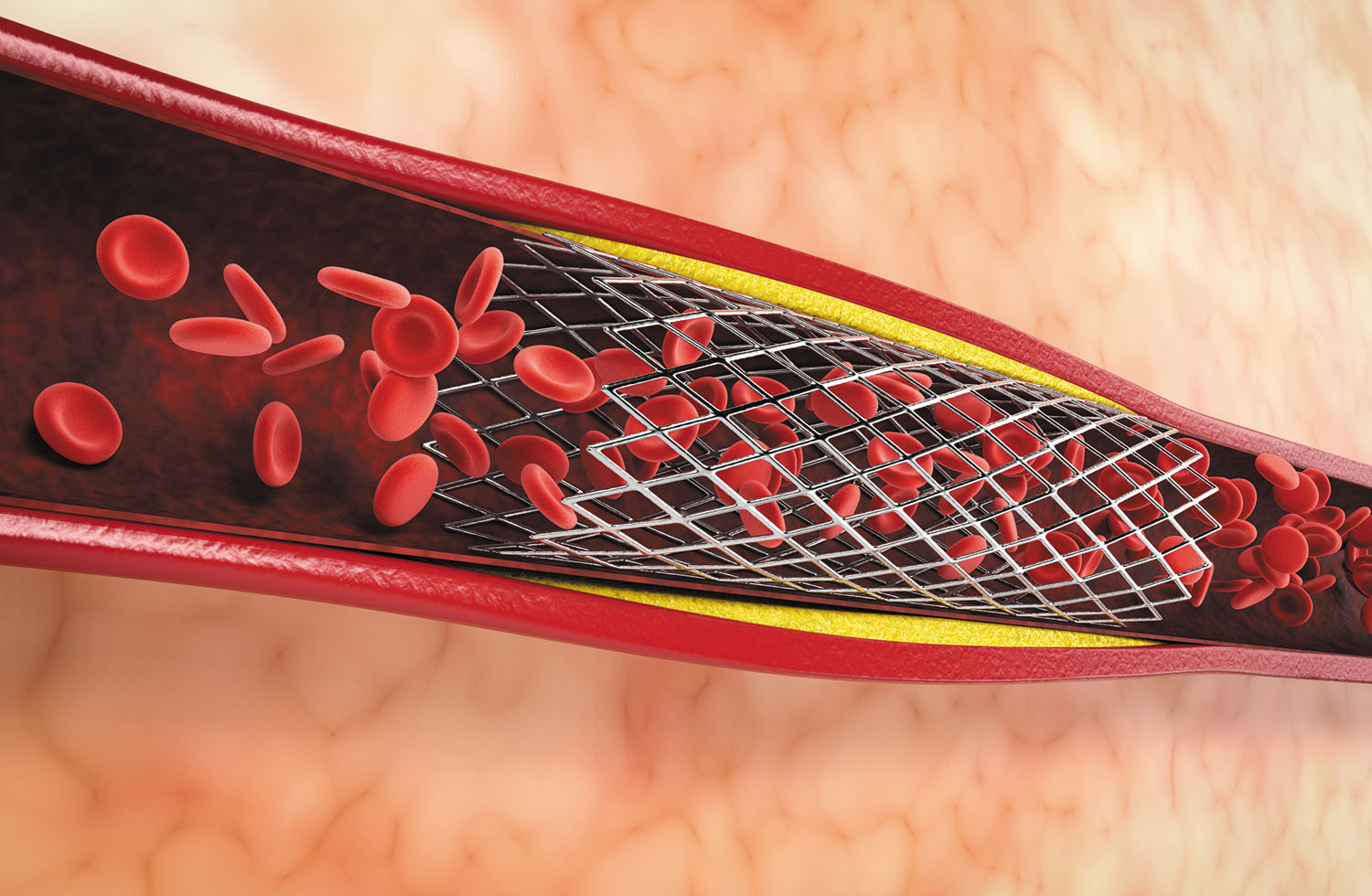
What are somatic workouts?

How to curb your stress eating

How to spot Parkinson’s disease symptoms

8 simple ways to reduce ultra-processed foods in your diet

Heart failure symptoms in women: How they’re different

GERD diet: Foods to avoid to reduce acid reflux

Strong is the new skinny

Everyday habits that sneakily weaken your bones

Don’t wait to get help for back pain

Correcting how you walk may ease osteoarthritis knee pain
Heart Health Archive
Articles
Are you wasting money on supplements?
Diastolic blood pressure: Worth a second look?
Anxiety: Cause or effect of a racing heart?
Some panic attack symptoms—a racing heart, breathlessness and dizziness—overlap with supraventricular tachycardia. This heart rhythm disorder occurs when faulty electrical signals trigger a series of very fast heartbeats.
Pregnancy problems may predict heart health decades later
Blood thinners after a stent: How long?
After receiving a stent, people normally take aspirin and another anti-clotting drug for up to a year afterward and sometimes longer. Doctors adjust the timeline depending on an individual's situation.
Excess weight linked with worse heart health even if you exercise
In the journals
Can you be "fat and fit" — that is, overweight but still healthy because of regular exercise? There is no simple answer. But one study says that activity does not entirely reverse the effects weight has on heart health. The findings were published online Jan. 26, 2021, by the European Journal of Preventive Cardiology.
The study involved more than 527,000 adults, almost 70% of whom were men. People were placed into three groups based on their body mass index (BMI): normal, overweight, and obese. They also were grouped by activity level: regularly active (the minimum requirement from the World Health Organization, or WHO); insufficiently active (less than the WHO minimum, but some moderate to vigorous physical activity every week), and no exercise.
Less-invasive treatment for unsightly leg veins as good as surgery
Research we're watching
A minimally invasive treatment for treating varicose veins is as effective as surgery to remove the faulty veins, according to a new study.
Most varicose veins — gnarled, bluish veins just under the skin's surface — result from problems with the great saphenous vein, the large vein located near the inside of the leg that runs from the ankle to the upper thigh. The surrounding muscles and one-way valves in the vein weaken, a condition called venous insufficiency.
When giving CPR, stick to standard chest compressions
Research we're watching
If you're a fan of TV medical dramas, perhaps you've seen a doctor try to restart a patient's stopped heart with a single, firm whack to the chest. But this technique, known as a precordial thump, is neither effective nor safe outside the hospital, according to a report in the Feb. 11, 2021 issue of Resuscitation.
Researchers examined data from 23 studies that looked at the effectiveness of the precordial thump and two other uncommon cardiopulmonary resuscitation (CPR) techniques. One, known as percussion pacing, entails less forceful, repeated strikes to the chest. The other, called "cough CPR," is a misnomer because coughing is impossible if you're unconscious. The idea (which is periodically perpetuated on social media) is to cough forcefully and repeatedly during a heart attack to prevent a cardiac arrest.
Implanted heart device? Beware of newer smartphones and wearables
Research we're watching
People who have an implantable cardioverter-defibrillator (ICD) or pacemaker should avoid the iPhone 12 as well as wearable tech products — such as the Fitbit and Apple Watch — that use magnetic chargers. The magnets in these gadgets can interfere with implanted cardiac devices, possibly rendering them useless, say two recent reports.
A 55-year-old woman wearing an Apple Watch while sleeping was awakened by several beeps from her ICD. A next-day check showed the watch's magnet had deactivated her device, as noted Dec. 12, 2020, in HeartRhythm Case Reports. In the Jan. 4, 2021 HeartRhythm, doctors described how bringing an iPhone 12 near the chest of a person with an ICD immediately disabled the device.
Can personality affect heart disease risk?
Negative traits such as anger and insecurity have been linked to heart-related problems. Taking steps to temper these tendencies may help.
Remember the Type A personality? First coined back in the 1950s, the term refers to people who are aggressive, ambitious, competitive, and time-conscious. But the notion that Type As were more likely to have heart attacks than their more laid-back counterparts turned out to be untrue, as numerous studies in the 1980s and 1990s revealed.
But in the early 2000s, another personality type — Type D for distressed — began getting more attention. Type D people are anxious, irritable, and angry; they also tend to feel ill at ease in social situations and are uncomfortable opening up to others. According to a 2018 review in Current Cardiology Reports, having a Type D personality is a risk factor for cardiovascular disease. The lead author, psychologist Johan Denollet, first described Type D and created a test for it (see "Type D personality test").

What are somatic workouts?

How to curb your stress eating

How to spot Parkinson’s disease symptoms

8 simple ways to reduce ultra-processed foods in your diet

Heart failure symptoms in women: How they’re different

GERD diet: Foods to avoid to reduce acid reflux

Strong is the new skinny

Everyday habits that sneakily weaken your bones

Don’t wait to get help for back pain

Correcting how you walk may ease osteoarthritis knee pain
Free Healthbeat Signup
Get the latest in health news delivered to your inbox!
Sign Up











